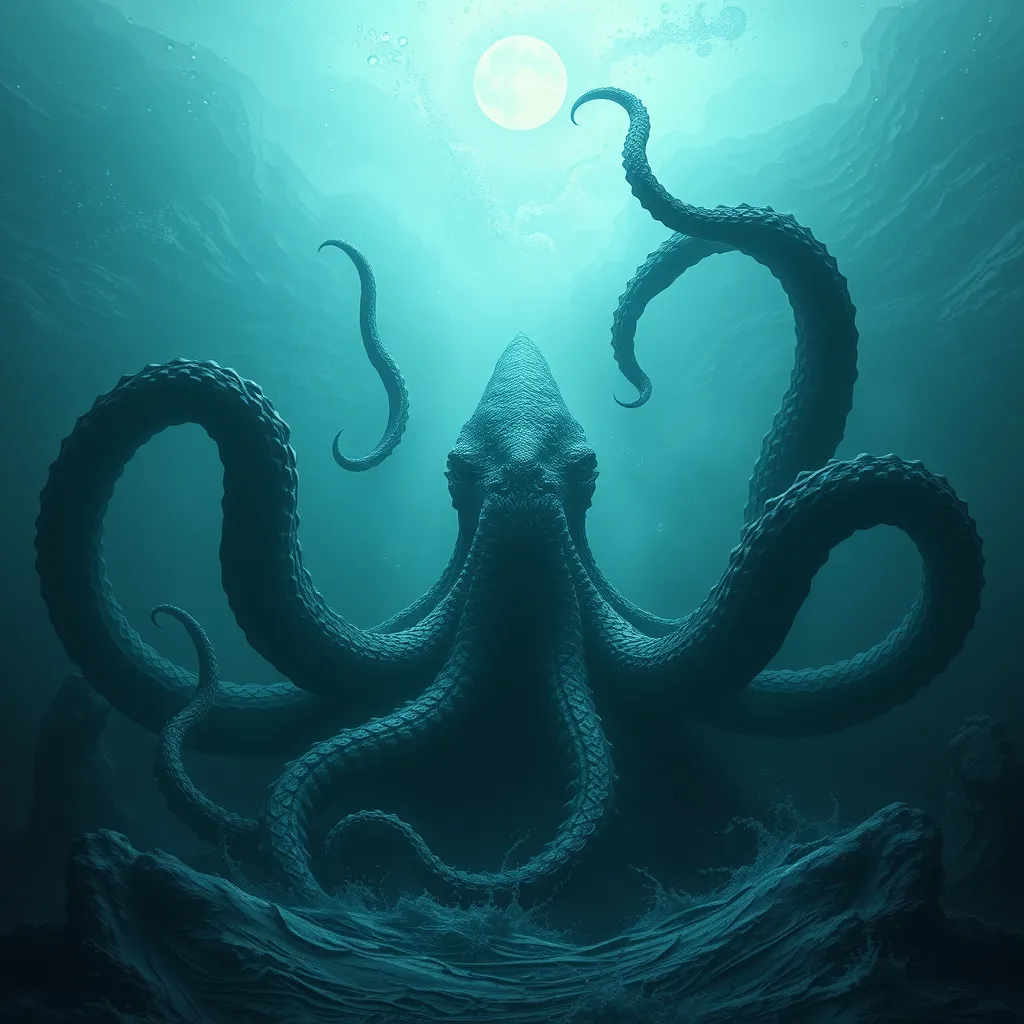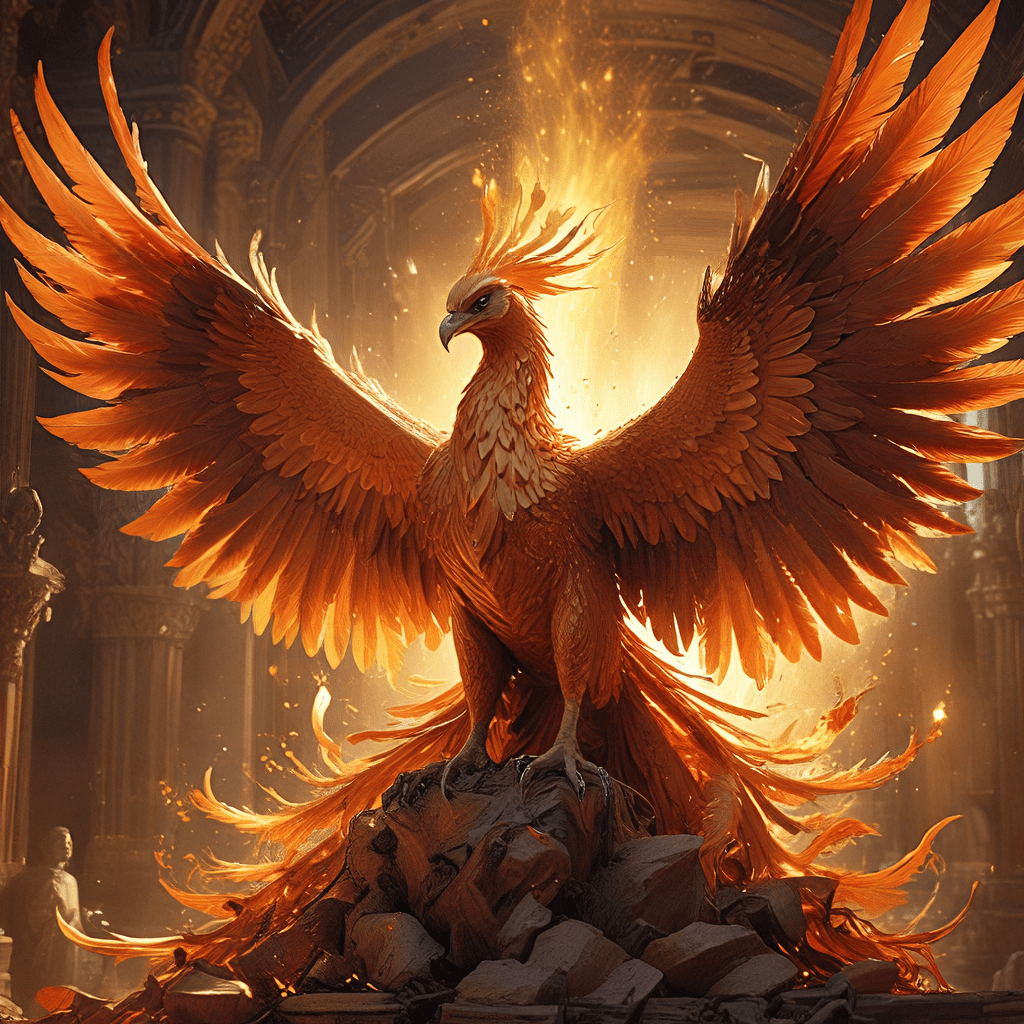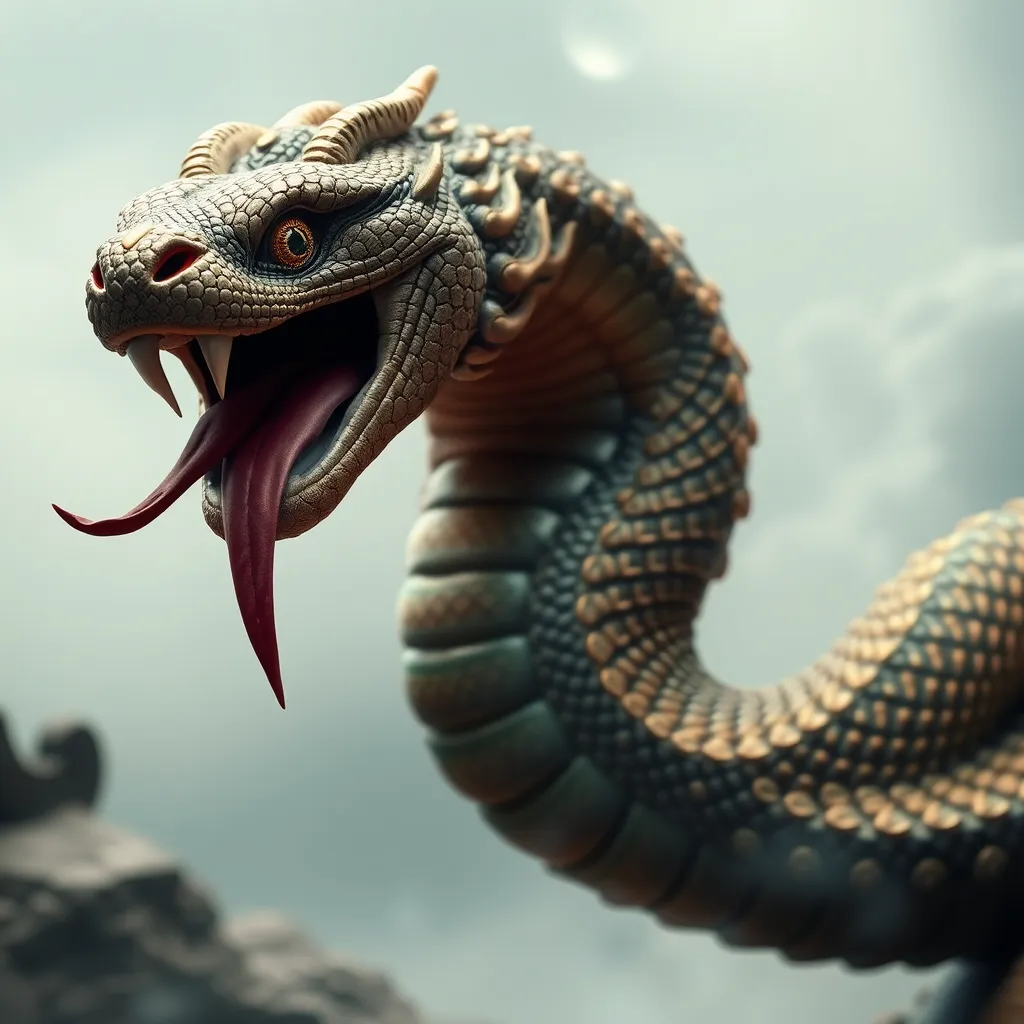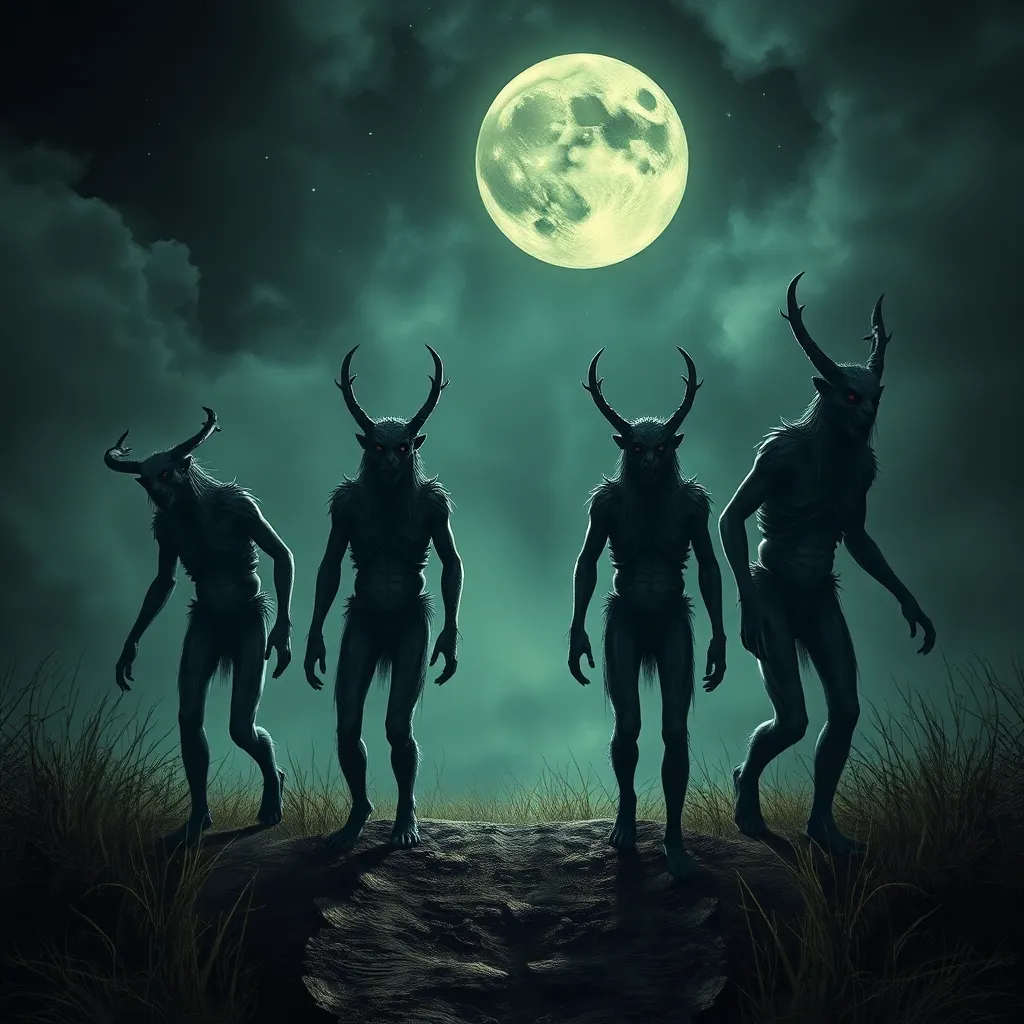The Kraken’s Symbolism: Exploring the Monster’s Representation of Power, Fear, and the Unseen
I. Introduction
The Kraken, a legendary sea monster, has captivated imaginations for centuries. Originating from Scandinavian folklore, this colossal creature is often depicted as a giant octopus or squid, lurking beneath the waves. The Kraken’s appearances in literature, films, and games highlight its status as a powerful symbol in both mythology and popular culture.
Symbols play a crucial role in understanding cultural narratives, as they encapsulate complex ideas and emotions. The Kraken serves as a multifaceted symbol representing power, fear, and the unseen mysteries of the deep sea. Through this article, we will delve into the various dimensions of the Kraken’s symbolism and its relevance in contemporary society.
II. Historical Origins of the Kraken
The Kraken has its roots in Scandinavian folklore, where it was described as a giant sea creature that terrorized sailors. Early accounts of the Kraken are often attributed to the writings of naturalists and explorers who documented their maritime experiences. These tales contributed to the evolution of the Kraken legend, transforming it from a regional myth to a maritime icon recognized worldwide.
As sailors recounted their encounters with the Kraken, the legend began to take on a life of its own. Through word of mouth and literary adaptations, the Kraken became synonymous with danger and the unpredictable nature of the sea. This transition from myth to maritime icon reflects humanity’s ongoing fascination with the unknown depths of the ocean.
III. The Kraken as a Representation of Power
The physical attributes of the Kraken—its immense size and formidable tentacles—embody raw power and dominance. In literature, the Kraken often symbolizes nature’s untamed forces, serving as a reminder of humanity’s vulnerability in the face of the natural world. This representation of power can be seen in various narratives where the Kraken emerges as a formidable adversary.
- In classic literature, the Kraken is frequently portrayed as an overwhelming force that challenges human authority.
- The creature’s ability to capsize ships and consume sailors highlights the fragility of human endeavors against nature’s might.
Through these depictions, the Kraken becomes a metaphor for domination, illustrating the struggle between humanity and the uncontrollable forces of nature.
IV. The Kraken and Fear: Confronting the Unknown
The psychological interpretations of fear associated with the Kraken reveal deep-seated anxieties about the unknown. The vastness of the ocean represents the unconscious mind, and the Kraken embodies the hidden threats that lurk beneath the surface. This fear is not merely a reflection of the physical dangers of the deep sea but also a manifestation of existential dread.
- The Kraken serves as a cautionary tale, warning sailors of the perils that await in uncharted waters.
- It reflects a broader societal fear of the unknown—what lies beyond our understanding and control.
As a symbol of fear, the Kraken challenges individuals to confront their anxieties and navigate the complexities of existence, both on land and at sea.
V. The Unseen: The Kraken and the Depths of the Ocean
The ocean is often viewed as a metaphor for the unconscious and the unseen aspects of life. Within this context, the Kraken emerges as a powerful symbol of hidden threats and mysteries waiting to be uncovered. The depths of the ocean represent the unexplored territories of the human psyche, making the Kraken a manifestation of our fears and desires.
In various narratives, the themes of mystery and discovery are central to the Kraken’s symbolism. Explorers and adventurers who venture into the deep sea confront not only the physical dangers of the Kraken but also their own inner demons. This exploration of the unknown reflects a universal quest for understanding and self-discovery.
VI. The Kraken in Modern Culture
In contemporary literature, film, and gaming, the Kraken has experienced a resurgence, reflecting societal fears and power dynamics. Modern interpretations often portray the creature in various lights, highlighting its adaptability to changing cultural contexts.
- In films like “Pirates of the Caribbean,” the Kraken is depicted as a monstrous antagonist, emphasizing themes of chaos and destruction.
- In literature, the Kraken serves as a metaphor for environmental concerns, illustrating humanity’s impact on the oceans.
The Kraken has become a cultural symbol in the age of globalization, where fears of ecological collapse and the unknown dangers of technology permeate society. Its presence in popular culture underscores the enduring relevance of myth in shaping our understanding of contemporary issues.
VII. The Duality of the Kraken: Destroyer and Protector
The duality of the Kraken as both a harbinger of doom and a guardian of the sea adds complexity to its symbolism. While the creature is often associated with destruction, it can also be seen as a protector of the ocean’s mysteries, representing the delicate balance of marine ecosystems.
This contrast has significant implications for environmental narratives, as the Kraken symbolizes the consequences of human actions on the ocean. Discussions about overfishing, pollution, and climate change often invoke the Kraken as a reminder of the fragility of marine life and the urgent need for conservation efforts.
VIII. Conclusion
Throughout history, the Kraken has emerged as a powerful symbol reflecting various cultural narratives. Its representations of power, fear, and the unseen continue to resonate in contemporary society, providing insights into humanity’s relationship with nature and the mysteries of existence.
The enduring relevance of the Kraken lies in its ability to encapsulate human fears and aspirations, serving as a metaphor for our struggles against the unknown. As we grapple with the complexities of power and the unseen forces that shape our world, the Kraken remains a potent symbol, reminding us of the rich tapestry of myth that informs our collective consciousness.
https://www.youtube.com/watch?v=3YMHn4b_Luw



